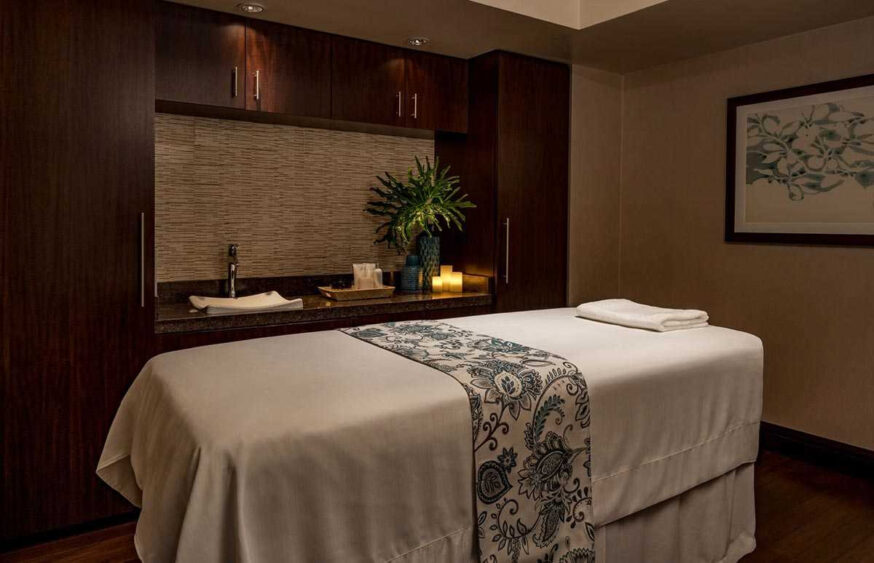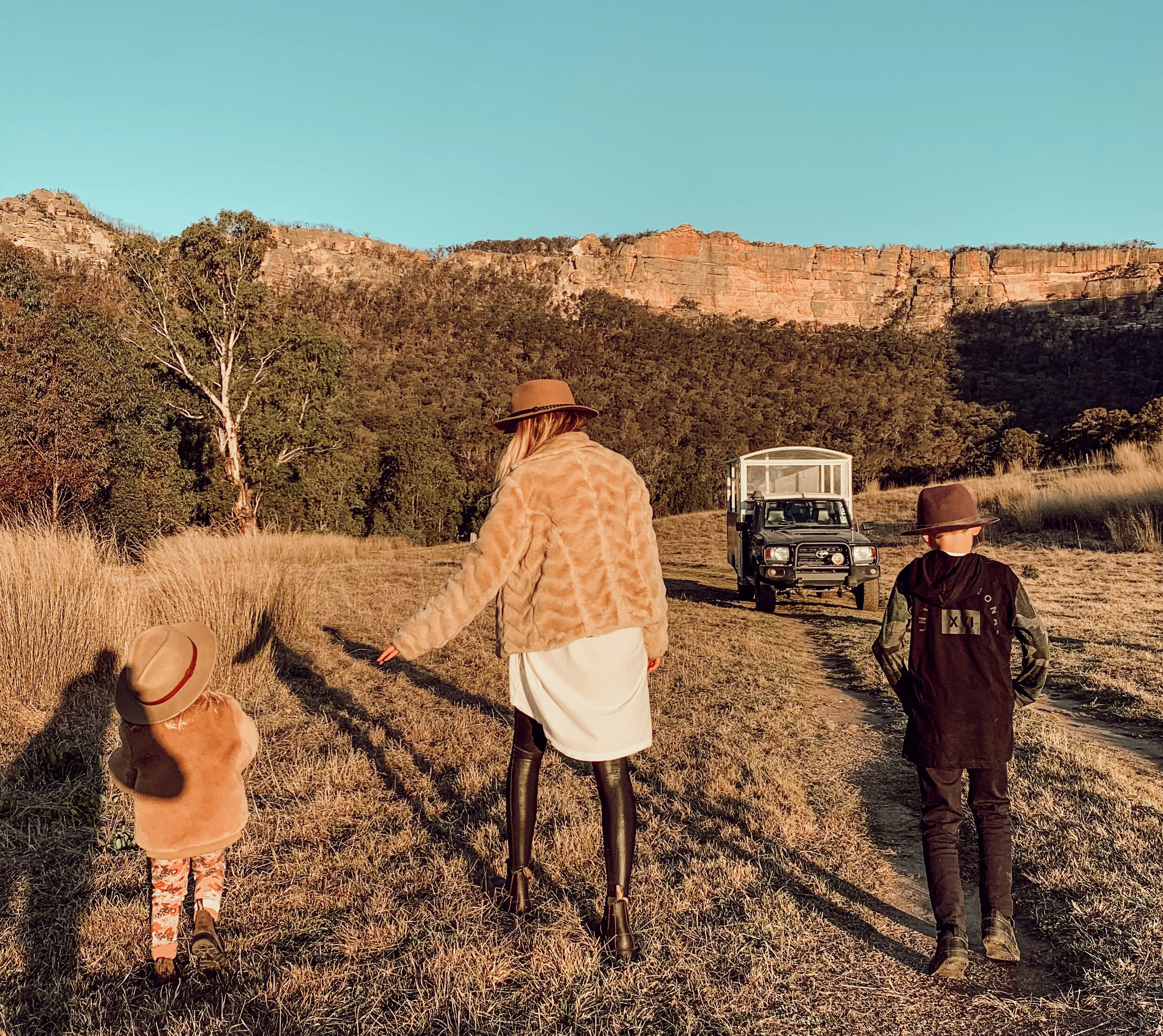Image: Via Instagram/@thenamenest BY ANGELA COE (@birthingourway)We know racism is the foundation of this country, white privilege is embedded in every system and structure in what we now call Australia. Aboriginal women and children were shot and killed due...

Image: Via Instagram/@thenamenest
BY ANGELA COE (@birthingourway)
We know racism is the foundation of this country, white privilege is embedded in every system and structure in what we now call Australia. Aboriginal women and children were shot and killed due to their race, marched off cliffs to their deaths, poisoned, raped, forced to birth without support, denied access to health care, denied access to cultural and traditional customs and Country.
Our women had their children ripped from their breast for generations, forbidden to speak their language, birth their way, parent their way, beaten and broken, enslaved, rounded up like dogs and forced onto missions and reserves, denied the basic human right to exist as sovereign people.
The current health crisis we face as Indigenous people’s is the legacy of racism and colonisation. The ever-present gaps exist due to systemic racism, our mob being treated as less than by the dominant society for generations. Oppression leads to health deficits.
Maternity care like all other aspects of health care is a by-product of a colonial regime. Of white privilege and western dominance forcing Indigenous women to birth without culturally safe care.
We see the poor birth outcomes, the higher rates of maternal death & infant mortality, the low birth weight babies, higher rates of child removals. But do we see the structural racism that is ever-present?
A South Australian study "Health care experiences and birth outcomes: Results of an Aboriginal birth cohort"* by Stephanie J. Brown examined the relationship between perceived discrimination in perinatal care and birth outcomes of women giving birth to an Aboriginal baby in South Australia using methods designed to respect Aboriginal culture and communities. Half of women (51%) perceived that they had experienced discrimination or unfair treatment by hospitals or health services providing care during pregnancy and soon after childbirth.
A post shared by Birthing Our Way (@birthingourway) on Jul 18, 2020 at 5:53pm PDT
Mothers who perceived that they had experienced discrimination or unfair treatment by hospitals or health services were more likely to have a baby with low birth weight and/ or small for gestational age.
The study provides evidence of the ‘inverse care law’; women most at risk of poor infant health outcomes were the least likely to perceive that they received care well matched to their needs.
Evidence shows that racism and discrimination adversely affect the health of Indigenous and other minority
populations in high-income countries, including mounting evidence that discrimination contributes to adverse birth outcomes.
Aboriginal women’s voices need to be heard, to be able to have the power to challenge the system of health that is considered the norm. It does not encompass all members of this society safely and respectfully. If it did birth practises customs and traditions of over 80 000 years would be centred and valued for the infinite wisdom they hold. The language of the land, the spirit of the place is maintained in our birth practises. Our ancestors have been birthing safely since time immemorial, yet western systems of health do not value or uphold Indigenous knowledge practises.
How often have our women been discriminated against when accessing maternity care, I have borne witness to it time and time again as a Midwife. The stereotypes are far too often there. Racism is alive and well in health, are you ready to start talking about it? Because our women have been dealing with it for over 200 years.
To continue reading more on this issue, read “Now we say Black Lives Matter but … the fact of the matter is, we just Black matter to them” by Dr Chelsea Bond.
Angela Coe is an Aboriginal Registered Midwife. Centred in Wiradjuri Sovereignty. Aiming to support First Nations women and working towards decolonising maternity care. She believes that every woman has a right to access culturally safe care, care that centres her culture and beliefs. Where the clinician is able to critically reflect on one owns beliefs, values and implicit bias to ensure it does not have a negative impact on health care received. Follow her work @birthingourway
*Brown, Stephanie J, and Gartland, Deirdre, et al. "Health care experiences and birth outcomes: Results of an Aboriginal birth cohort". Women and Birth, vol.32,no.5, 2019, pp. 404-411. doi:10.1016/j.wombi.2019.05.015













